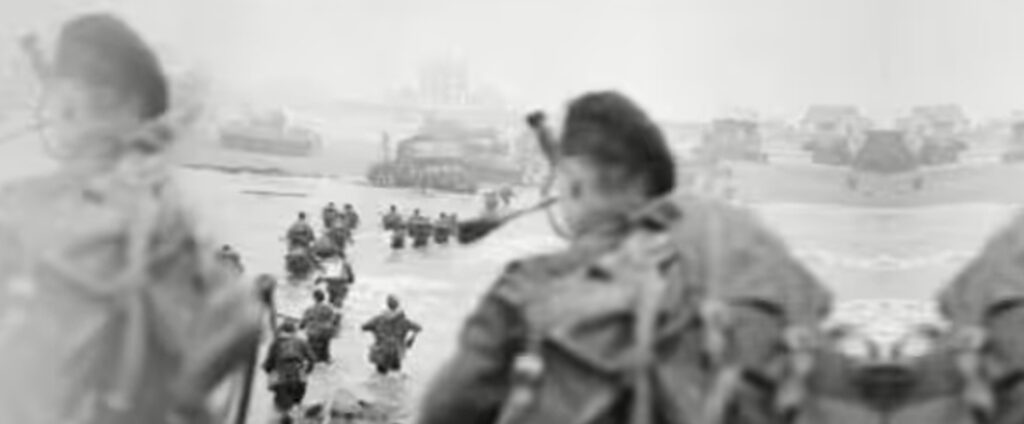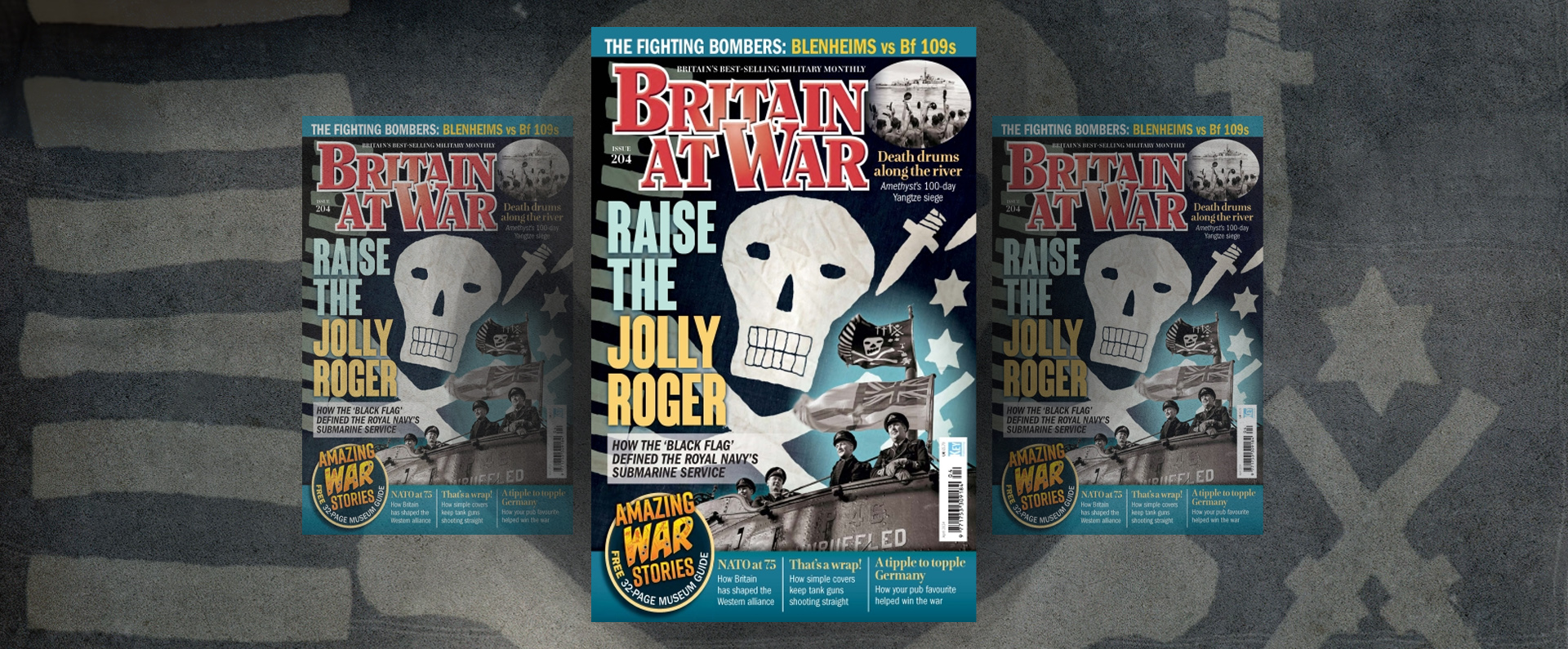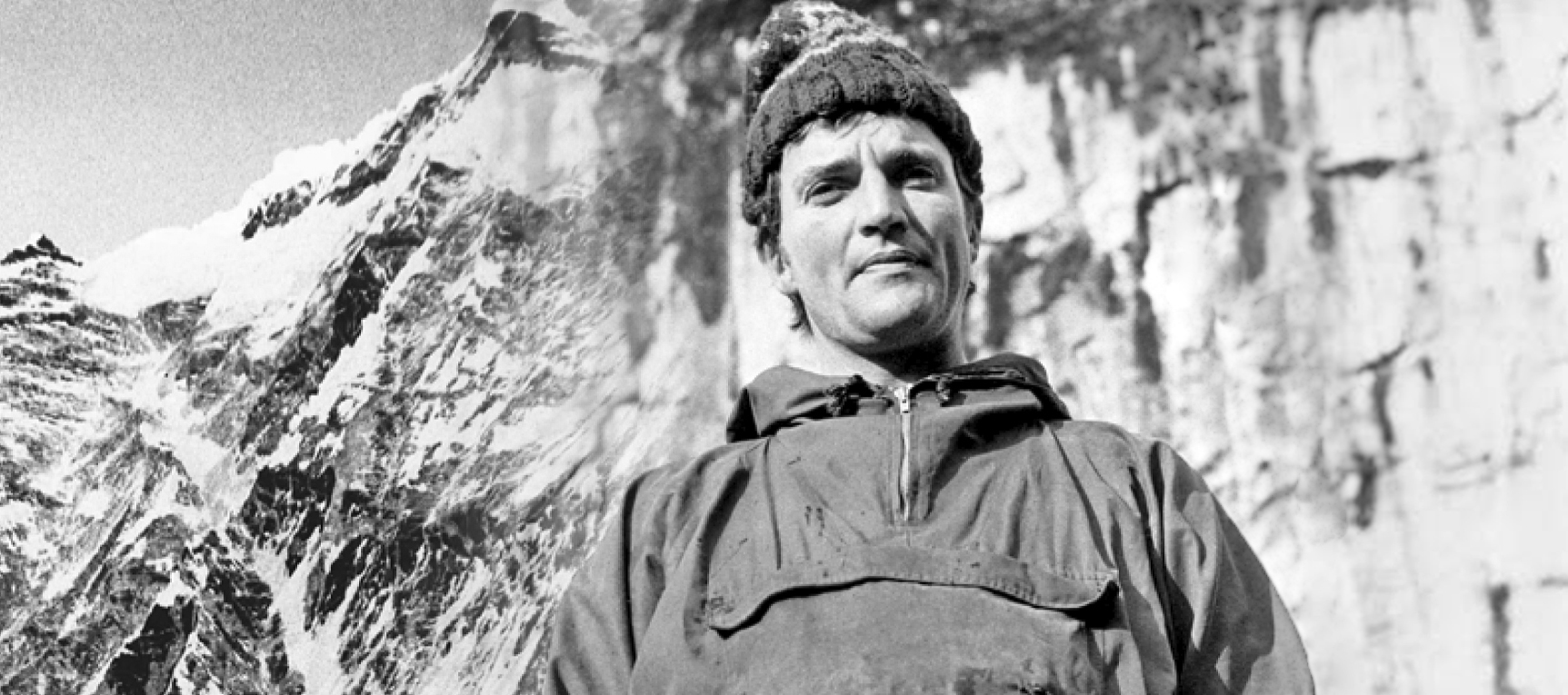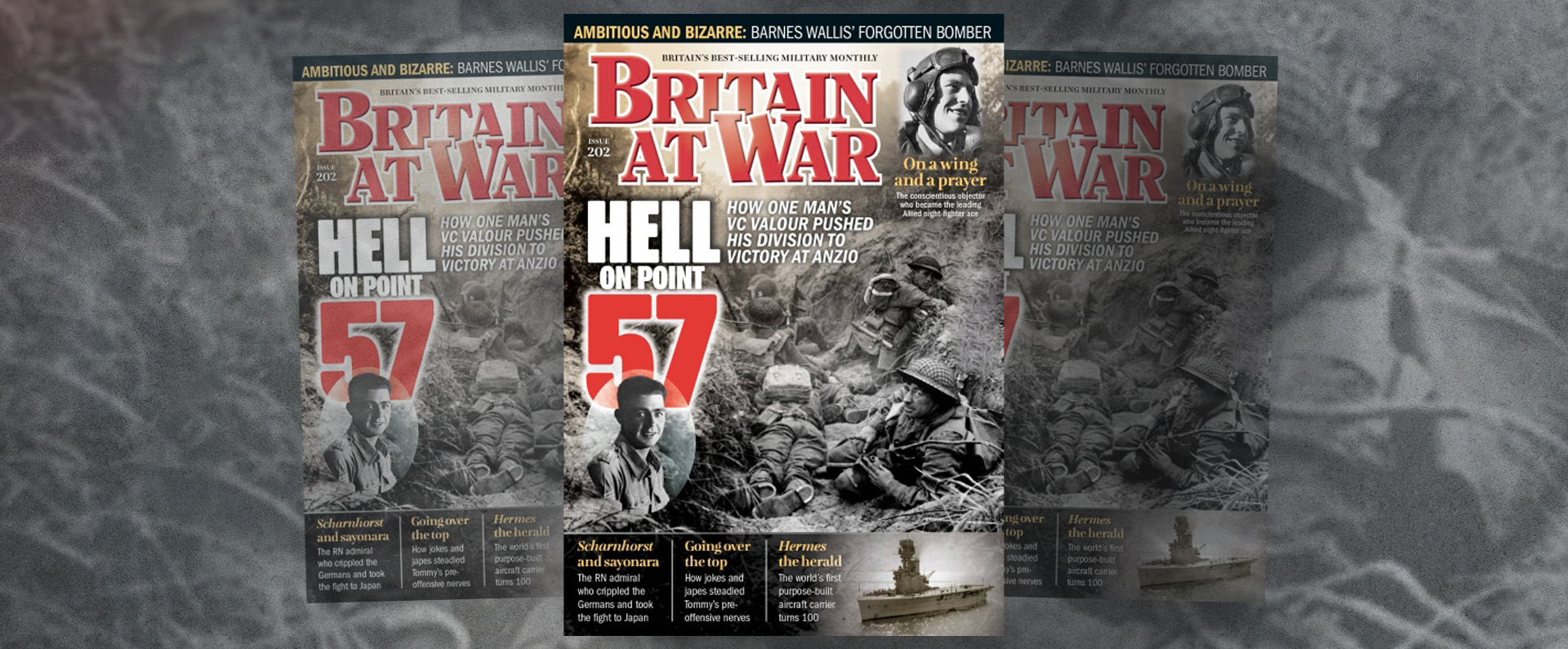
Published in The Daily Express on 05 June 2023.
Lord Ashcroft’s father had to prepare for the biggest challenge of his life: the D-Day which was predicted that only one man in four would survive.
Seventy-nine years ago my father, Eric Ashcroft, was preparing for the biggest challenge of his young life: the D-Day landings.
His brave actions, the next day on the morning of June 6 1944, still fill me with pride.
Fear and anxiety were widespread in the build-up to the assault on the Normandy beaches: my father and his fellow officers had been privately briefed to expect 75 percent casualties – dead and wounded – as the first landing craft arrived on the beaches.
If this estimate was correct, the chilling prospect was that only one man in four would survive unscathed when the front of these landing craft dropped down and they raced into a maelstrom of enemy fire.
Eric Ashcroft, who was a gentle, kind man, was always modest about his wartime exploits, but eventually – with much prompting from his young son – he told me of his terrifying experiences on D-Day.
I was about 10 at the time, having been born in 1946, the year after the Second World War ended, and the conversation took place at our family home in Diss, Norfolk. I sat wide-eyed as he conjured up the metaphorical smell of fear and the physical smell of vomit as his landing craft crashed through the waves and approached Sword Beach.
As part of “Operation Neptune” – within the wider context of “Operation Overlord” – around 155,000 men came across the Channel to land on five beach areas, each given a codename. They reached their destination in assorted ships and landing craft, numbering upwards of 6,000 vessels.
On D-Day, my father was serving in the rank of lieutenant. As he and his comrades landed on an area of Sword Beach designated for the assault by his battalion of The South Lancashire Regiment, they were greeted by anti-tank, mortar, machine-gun and rifle fire.
My father, the battalion signals’ officer, later described his run up the beach. In an interview recorded decades later for the Imperial War Museum, he said: “About two-thirds to high watermark, I was knocked sideways when, so it would appear now, an 88mm splinter struck my right arm as I was moving across the beach.”
When he paused beneath a bank, with the enemy beach wire just ahead, he applied a field dressing to his bloodied wound and crouched beside his CO. “Colonel [Richard] Burbury was about two feet away from me and the next thing I knew he rolled to his side and was shot in the chest,” my father said. His CO, aged 38, had been killed by a sniper.
Soon afterwards, my father’s war was effectively over, too: but not before his battalion had moved on later the same day to seize the village of Hermanville less than a mile away.
My father was eventually ordered from the battlefield and received treatment, first, at the regimental aid post and, later, on a hospital ship returning to Britain. As I listened to that recorded interview of his for the first time, tears started to roll down my cheeks.
Of course, I have no monopoly on being proud of a close relative’s part in the war effort: there are thousands of people up and down the country whose fathers, grandfathers, uncles, brothers and cousins also played courageous roles in the fight against Nazi Germany.
Tomorrow will be the 79th anniversary of the D-Day landings and, as such, it is absolutely vital that we continue to remember those who fought that day, particularly the men who lost their lives fighting for their King, their country, their comrades and for wider freedoms.
Sadly, the days are gone when the war veterans themselves were able to go over to Normandy in large numbers. In fact, it is estimated that there are only six British and Commonwealth veterans of the D-Day landings still alive and all of these wonderful men are around 100 years in age and, quite understandably, somewhat frail.
It was my father’s involvement in the D-Day landings that started my fascination with the concept of courage. Over the years, my passion for bravery, in general, transformed itself into one for gallantry medals, in particular. Today my collection of Victoria Crosses, which I started in 1986, is more than 200 strong.
I have also written seven books on valour in the “Heroes” series and I regularly lecture on gallantry. My aim is simple: to highlight great acts of courage and to ensure that those brave men and women who carried them out are not forgotten.
My father was one of the fortunate wartime servicemen: he made a full recovery from his wounds, was promoted to captain, survived the war, had a satisfying career as a colonial officer and, eventually, died in February 2002, a month before his 85th birthday.
I, in fact, visited Sword Beach nine years ago for the 70th anniversary of the D-Day landings so that I could see exactly where my father had come ashore and raced towards the enemy. That was a hugely emotional moment for me too.
On Sword Beach and in nearby war cemeteries, I contemplated the thin margin between life and death. If the sniper’s bullet that killed Colonel Burbury had been just two feet to one side, my father’s life would have been over, aged just 27, and I would never have been born.
Tomorrow, I will pause to remember the part played by my late father and tens of thousands of men like him in the D-Day assault. The success of the landings was a key moment in the 1939-45 war and, within less than a year, the War in Europe was over.
The bravery of our D-Day servicemen must always be remembered and cherished. To quote the Kohima Epitaph: “When you go home, Tell them of us and say, For your tomorrow, We gave our today.”
Read this article on Express.co.uk
For more information, visit:
LordAshcroftOnBravery.com


